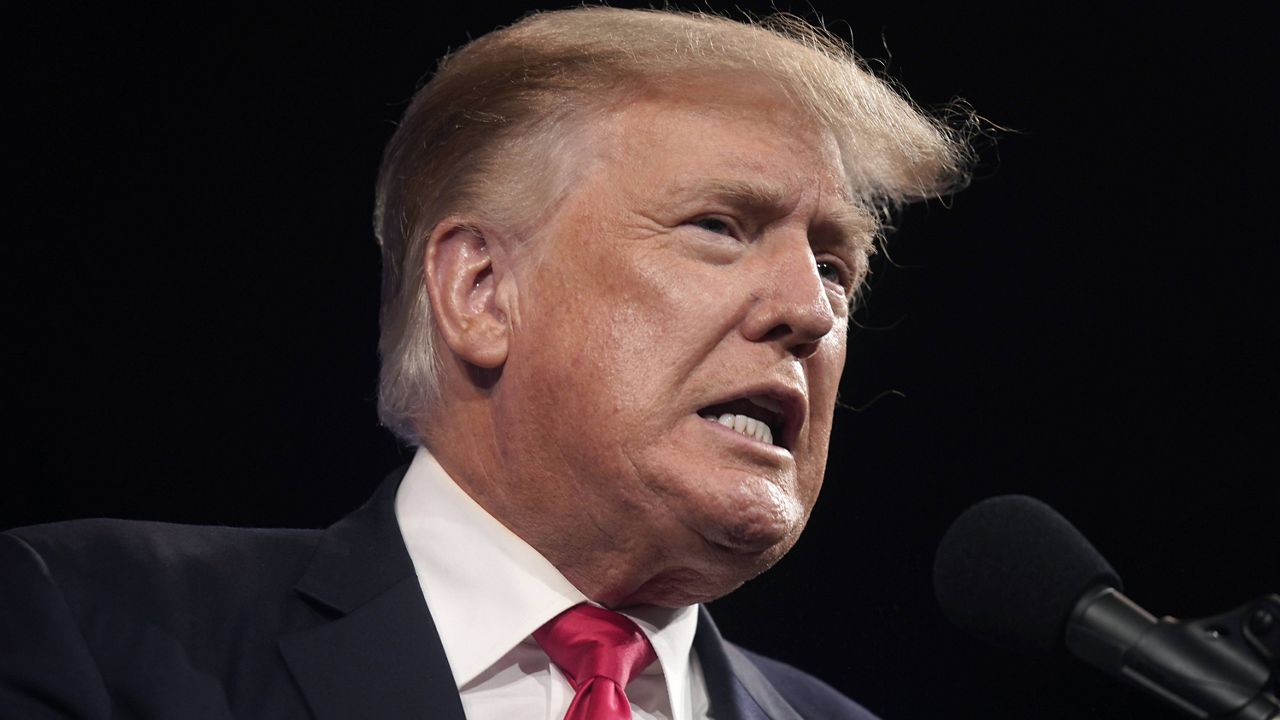A federal appeals court on Thursday ruled against former President Donald Trump's effort to shield his presidential records from the Congressional panel investigating the Jan. 6 riot at the U.S. Capitol.
The decision to uphold a lower court's ruling was unanimous by the panel of three judges, all nominated by Democrats.
The judges said that there was a "unique legislative need" for the committee to review the documents, which Trump has attempted to shield, claiming executive privilege. President Joe Biden has waived any claims of executive privilege in this case.
Judge Patricia Millett wrote in the decision that "former President Trump has provided no basis for this court to override President Biden’s judgment and the agreement and accommodations worked out between the Political Branches over these documents."
Attorney Douglas Letter, pleading the case on behalf of the Jan. 6 panel, argued that as the current president, Biden's determination of executive privilege outweighs that of his predecessors. Letter noted that Congress and the president were in agreement regarding the records.
Millett seemed to agree with Letter's assessment: “Both Branches agree that there is a unique legislative need for these documents and that they are directly relevant to the Committee’s inquiry into an attack on the Legislative Branch and its constitutional role in the peaceful transfer of power.”
Given the magnitude of the case, an appeal to the Supreme Court is expected. During arguments on Nov. 30, Trump's attorney Justin Clark said that they would appeal to the high court should they lose the case.
The court gave the former president 14 days to appeal the decision to the Supreme Court.
The National Archives has previously said that the records Trump wants to block include "a draft Executive Order on the topic of election integrity," presidential diaries, visitor logs, speech drafts and handwritten notes “concerning the events of January 6" from the files of former chief of staff Mark Meadows.
The Jan. 6 panel will convene Monday to vote to recommend contempt charges for Meadows after his lawyer said the former White House chief of staff will not cooperate with the committee's investigation.
The Associated Press contributed to this report.



